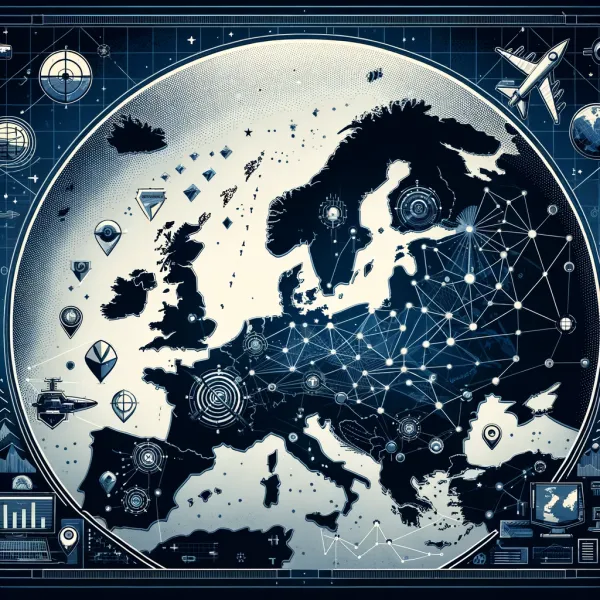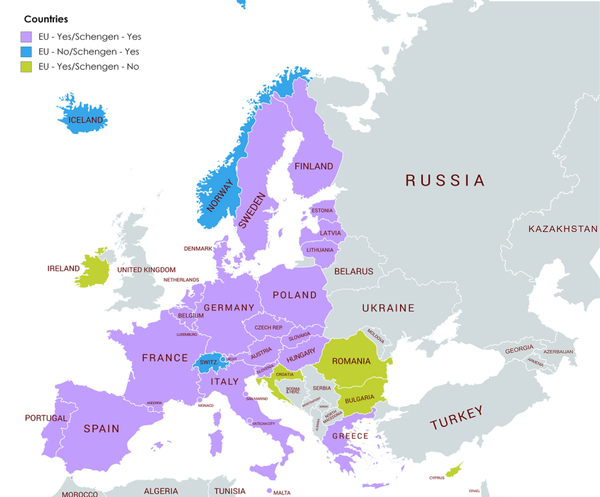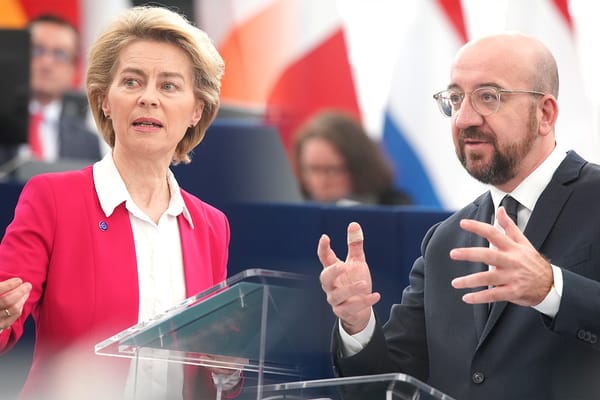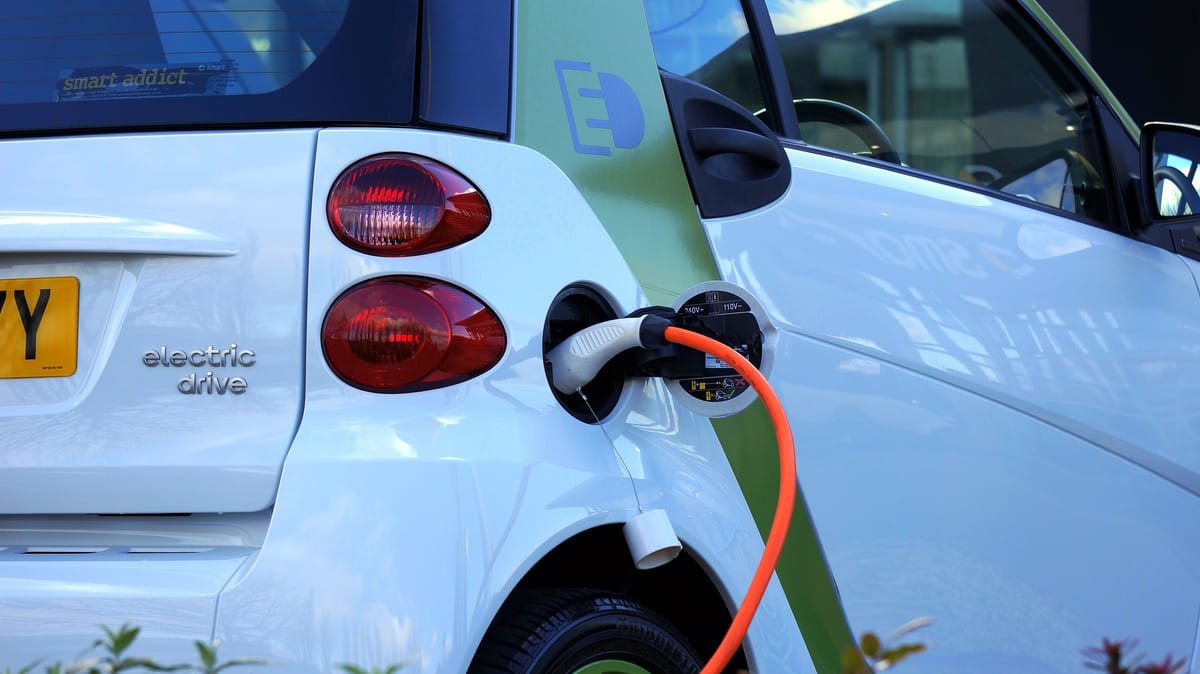
EU makes landmark decision on EV stations
The EU has reached a provisional agreement on increasing the number of charging stations for electric vehicles (EVs) and alternative fuels, as it seeks to reduce the transport sector’s carbon footprint, Romanian outlet digi24.ro wrote.
The deal will send a clear signal to EU citizens that easy-to-use recharging infrastructure and refuelling stations for alternative fuels such as hydrogen will be installed on EU territory, Swedish Infrastructure Minister Andreas Carlson said. Sweden currently holds the EU’s rotating presidency.
Citizens will no longer have reason to worry about finding charging stations for their electric vehicles, Carlson said, adding that the EU’s objective is to have more charging stations available in urban areas and around motorways.
A gradual process of infrastructure implementation is scheduled to start in 2025, with the aim by 2030 of covering all of TEN-T, the EU’s planned network of roads, railways, airports and water infrastructure
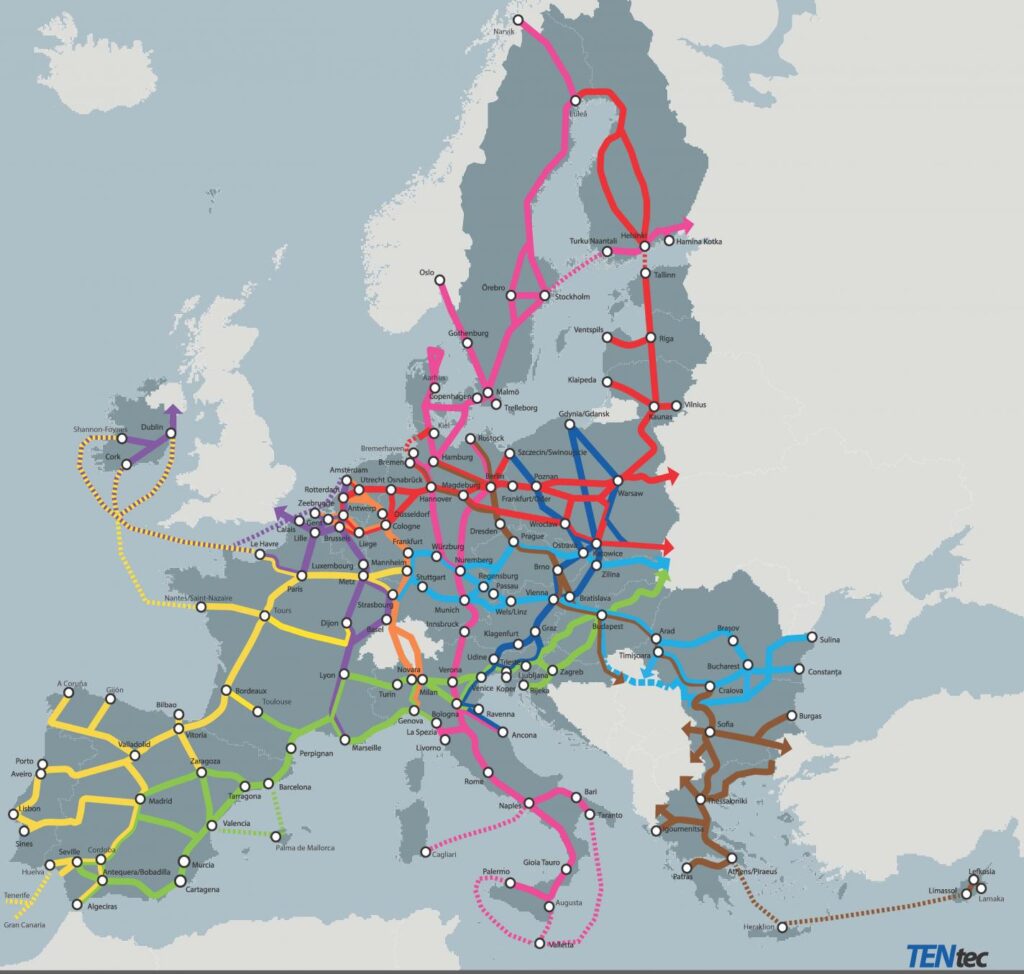
2035 set as deadline for combustion engine phase-out
Meanwhile EU energy ministers would approve the final form of the regulation regarding the ban on the sale of new cars equipped with internal combustion engines, Romanian state news agency Agerpres wrote.
Last year, after months of negotiations, the European Parliament, the Community Executive and the EU member states agreed on 2035 as the deadline for banning the sale of carbon dioxide-emitting cars.
However last month, the EU’s main policy towards transition to electric vehicles was put on hold after Germany requested that sales of new cars with synthetically fuelled combustion engines be excepted from the ban.
EC, Germany reach agreement after eleventh-hour objection
On Saturday Germany reached an agreement with the European Commission (EC) in the dispute, officials from both sides announced.
“We have reached an agreement with Germany regarding the future use of ecological fuels in cars,” EC Vice President Frans Timmermans tweeted.
German Transport Minister Volker Wissing confirmed that “vehicles equipped with combustion engines will be able to be registered even after 2035, if they exclusively use neutral fuels in terms of CO2 emissions.”
The EU will now try to fast-track regulations on carbon emission standards for cars, and the Community Executive will provide the necessary legal steps for a provision that allows the classification of automobiles that use ecological fuels as neutral from the point of view of CO2 emissions, digi24.ro added.

